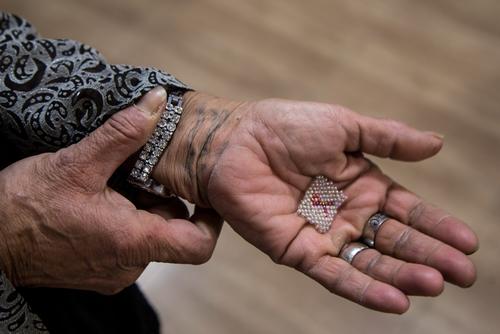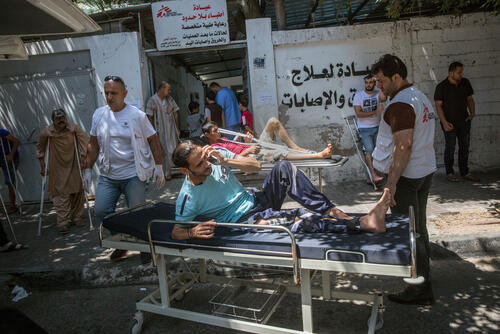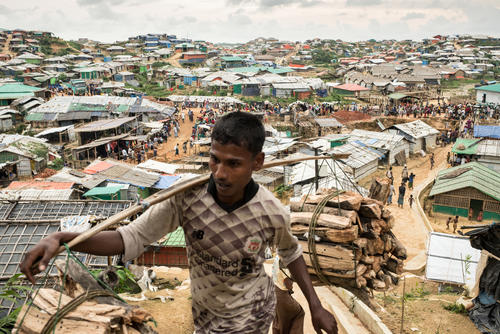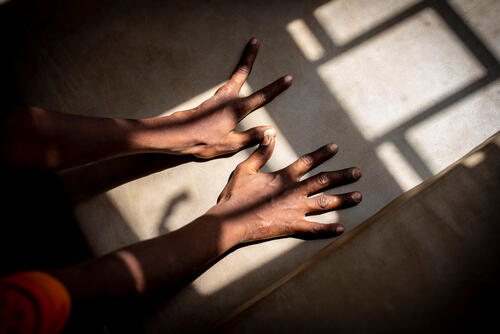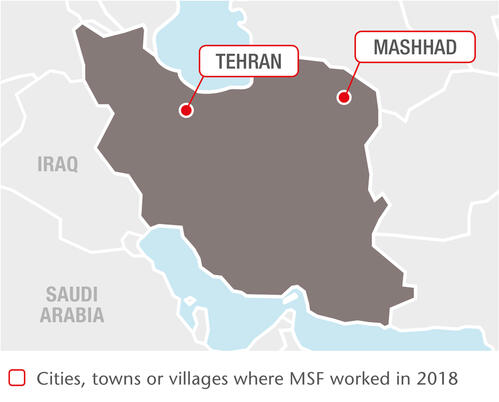
29,900
29,9
3,750
3,75
82
82
Drug addiction is a particular public health concern in Iran, with the number of drug users having doubled over the last six years to nearly three million (3.5 per cent of the population).<a href="https://www.mei.edu/publications/irans-mixed-track-record-fighting-drugs-trafficking">Middle East Institute</a> They, and other vulnerable groups such as sex workers, homeless people and the Ghorbati ethnic minority, suffer from stigma and exclusion in Iran, which limits their access to medical care. In 2018, this was further restricted by a financial crisis that crippled the health system.
Our teams worked in South Tehran throughout the year, providing treatment for a range of communicable diseases to which marginalised communities are particularly exposed, including hepatitis B and C, HIV, tuberculosis (TB) and syphilis. We saw a large increase in the number of patients enrolling for hepatitis C treatment, an 82 per cent increase on 2017.
We also ran sexual and reproductive healthcare services, comprising gynaecology and obstetrics, ante- and postnatal care, and consultations for victims of sexual violence, as well as psychosocial support and counselling. A mobile clinic specifically for women was set up in the city.
In addition, we opened a new programme for refugees and the local community in Mashhad, near the Afghan border, where a significant number of the estimated two million Afghans in Iran live. Our teams there offer a similar range of services as in South Tehran: through fixed and mobile clinics, we treat hepatitis C and operate a referral system for patients needing treatment for HIV and/or TB.



